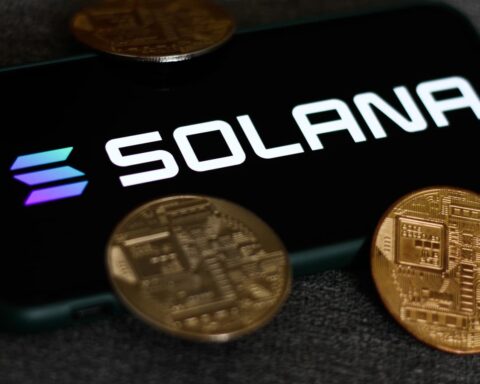Gary Gensler, the head of the U.S. Securities and Exchange Commission (SEC), has been vocal about his concerns regarding the cryptocurrency and blockchain industry, indicating a contentious atmosphere between regulatory bodies and the crypto sector in the United States.
This discord is further amplified by some U.S. lawmakers who oppose Gensler’s stance, challenging the SEC’s approach to regulating crypto assets.
This disparity within the government has created an uncertain environment for crypto projects based in the U.S., largely due to the ambiguous and fluctuating criteria used by the SEC to determine what constitutes a security, primarily relying on the outdated Howey test.
The heart of the issue lies in the mechanism of law creation in the U.S., which differs significantly from that in other countries, leaving the cryptocurrency industry in a precarious position.
Two Supreme Court cases, Loper vs. Raimondo and Relentless, Inc. vs the U.S. Dept of Commerce, are poised to potentially redefine federal agencies’ discretion in interpreting laws, a change that could significantly impact the crypto industry’s regulatory landscape.
At the center of this debate is the principle of Chevron deference, established by the 1984 Chevron vs. Natural Resources Defense Council case.
This legal doctrine allows federal agencies considerable leeway in interpreting laws, provided their interpretation is reasonable and Congress has not explicitly legislated on the matter.
Critics argue this deference has allowed agencies like the SEC to overextend their regulatory reach, especially in rapidly evolving sectors like cryptocurrency.
Coinbase CEO Brian Armstrong has been vocal about the detrimental effects of vague regulations on the crypto industry, pushing for clearer legislation.
The ongoing discussion around the Chevron deference and its potential recalibration by the Supreme Court could empower the public and their elected representatives to demand more precise laws governing digital assets.
The Supreme Court’s decision in the cases of Loper vs.
READ MORE: Bitcoin Surges to Record Highs Against the Euro and Multiple Currencies
Raimondo and Relentless, Inc. vs the U.S. Dept of Commerce could narrow the SEC’s interpretative authority, possibly aligning the regulation of cryptocurrencies more closely with Congressional intent.
Attorney Jeremy Hogan, known for his coverage of the Ripple vs. SEC case, highlights the significance of these cases for the crypto industry, suggesting that a ruling against Chevron deference could positively influence major litigation involving digital assets and the SEC.
However, Hogan also notes that the direct impact on the crypto industry might be limited since the SEC primarily relies on the Howey test for regulatory authority over digital assets.
Nonetheless, any mention of cryptocurrencies in the Supreme Court’s ruling could bolster arguments against the SEC’s regulatory overreach.
As the crypto industry continues to evolve, it’s increasingly intersecting with broader regulatory concerns, emphasizing the importance of vigilant and proactive engagement with legal developments.
This dynamic underscores the critical role of legal interpretations and the potential for future cases to shape the regulatory landscape for cryptocurrencies in the U.S.
Read the latest crypto news today




